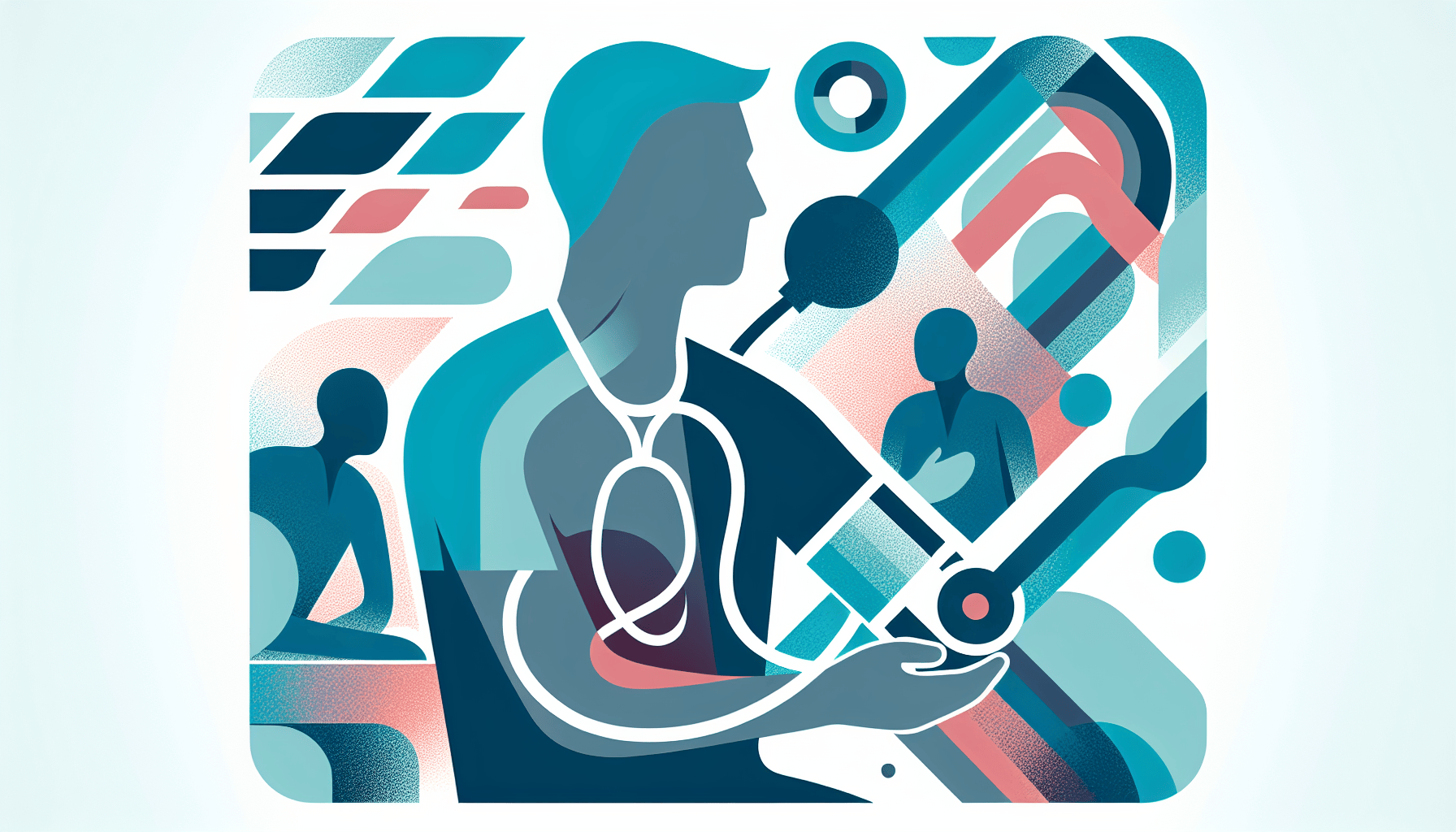High blood pressure, also known as hypertension, is a serious health condition that affects millions of people worldwide. If left untreated, it can lead to severe complications such as heart disease, kidney disease, stroke, heart failure, and dementia. In this article, we'll explore what high blood pressure is, its causes, prevention strategies, and treatment options.
What Is High Blood Pressure?
Blood pressure is the force of blood pushing against the walls of your arteries. When this pressure is consistently too high, it is called hypertension. A blood pressure reading of 130/80 or higher is considered high, while a reading between 120 and 129 and less than 80 is considered elevated, meaning you may develop hypertension in the future if you don't make lifestyle changes.
Causes and Risk Factors
Several factors can contribute to the development of high blood pressure, including:
Being overweight or obese
Lack of physical activity
Consuming too much salt
Excessive alcohol consumption
Stress
Family history of hypertension
Age (risk increases as you get older)
Preventing High Blood Pressure
You can reduce your risk of developing high blood pressure by making some simple lifestyle changes:
Maintain a healthy weight or lose weight if you are overweight
Exercise regularly
Eat a balanced diet low in salt and rich in fruits, vegetables, and whole grains
Limit alcohol consumption
Manage stress through relaxation techniques, such as meditation or deep breathing
Treatment Options
If lifestyle changes alone are not enough to control your blood pressure, your doctor may prescribe medication. There are several types of high blood pressure medications, including:
Your doctor will work with you to determine the best treatment plan based on your individual needs and medical history.
Managing High Blood Pressure
In addition to medication, there are several things you can do to manage your blood pressure:
By understanding the causes, prevention strategies, and treatment options for high blood pressure, you can take control of your health and reduce your risk of serious complications. If you have concerns about your blood pressure, talk to your healthcare provider to develop a personalized plan for managing your condition.
The Bottom Line
Most people can significantly lower their blood pressure through weight loss, reduced sodium intake, and regular exercise before needing medication. Early detection and treatment prevent serious complications since damage often occurs without obvious symptoms. If you're experiencing persistent headaches or chest pain, Doctronic can help you assess whether these could be pressure-related warning signs.



